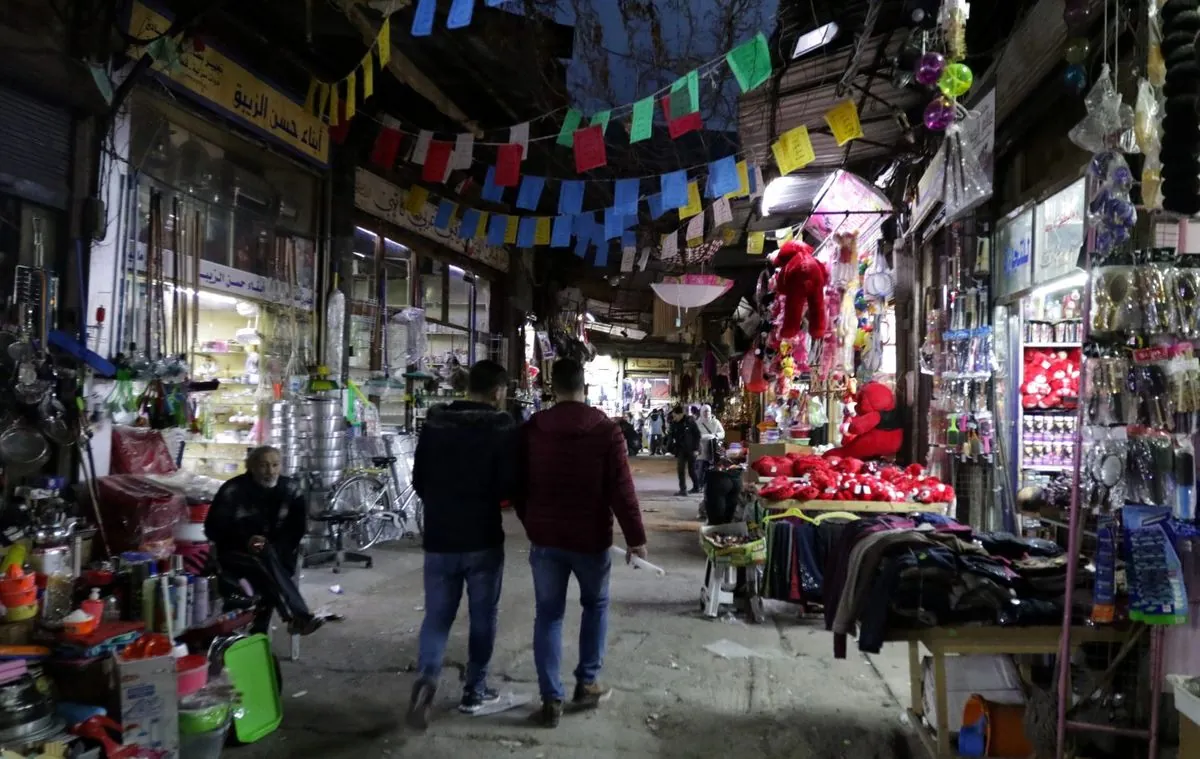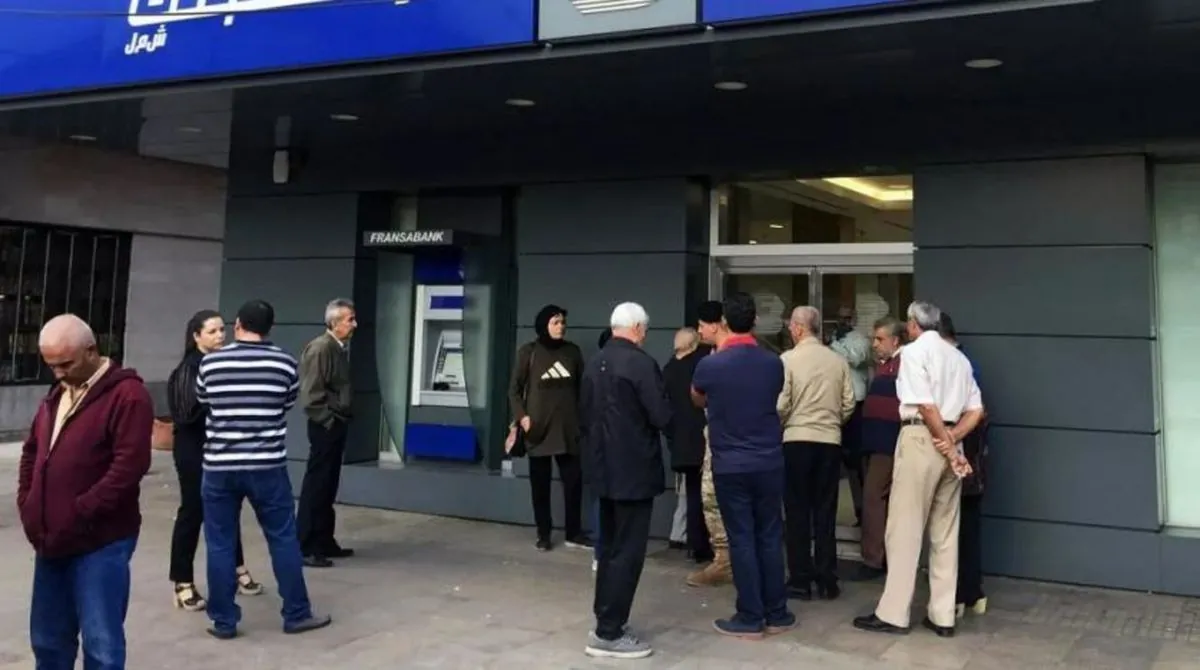Lebanon's Economic Freefall: Hezbollah's Rise Amid National Crisis
Lebanon faces one of history's worst economic collapses, with widespread poverty and a 98% currency devaluation. Amidst the chaos, Hezbollah's shadow banking system thrives, reshaping the nation's financial landscape.

Lebanon is currently grappling with an economic crisis of unprecedented proportions, ranking among the most severe in modern history according to the World Bank. The nation, once a beacon of prosperity in the region, has experienced a dramatic reversal of fortune since the fall of 2019.
The Lebanese pound has plummeted, losing an astounding 98% of its value. This currency collapse has led to widespread dollarization of the economy, as citizens struggle to maintain purchasing power. The banking sector has been paralyzed, with institutions remaining closed for years, forcing desperate account holders to resort to extreme measures to access their funds.

Lebanon's economic decline is starkly illustrated by its GDP per capita figures. Prior to the crisis, the country boasted a purchasing power parity adjusted GDP of $22,000 per capita, surpassing the global average by 20%. Today, that figure has plummeted to approximately $12,000, falling below half the world average. This precipitous drop fails to capture the full extent of the crisis, as it doesn't account for the severe inequality and lack of basic services plaguing the population.
The situation is further complicated by Lebanon's role as a haven for millions of Syrian refugees, fleeing a country whose economy has contracted by an estimated 80% since 2011. The Lebanese government's decision to cease counting these refugees has obscured the true scale of the humanitarian challenge.
Amidst this economic turmoil, Hezbollah's shadow banking system has emerged as a significant player. The organization's financial arm, AQAH, operates outside the traditional banking sector and has been under U.S. sanctions since 2007. Despite these restrictions, AQAH has thrived, leveraging its extensive network in Iraq and Iran to access dollars and engage in gold smuggling.
AQAH has become a crucial source of liquidity, issuing billions of dollars in loans and setting up ATMs that dispense generous amounts of U.S. currency. The organization has expanded its services beyond its traditional Shia base, becoming a key financial resource for small businesses across Lebanon.
Hezbollah's financial operations complement its established welfare programs, which include medical services and social support. The organization has further entrenched itself in Lebanon's economic fabric by offering solar power equipment and related credit, addressing the country's chronic electricity shortages.
Iran's support for Hezbollah remains a critical factor in the organization's operations. With an estimated GDP exceeding $400 billion, Iran's annual contribution of a couple hundred million dollars to Hezbollah is relatively modest. This investment provides Iran with significant strategic leverage against Israel at a comparatively low cost.
"The World Bank says it's one of the most severe crisis episodes globally since the mid-19th century, which essentially means in modern economic history."
As Lebanon continues to navigate this unprecedented economic crisis, the rise of alternative financial systems and the shifting balance of power within the country present complex challenges for both domestic and regional stability.


































